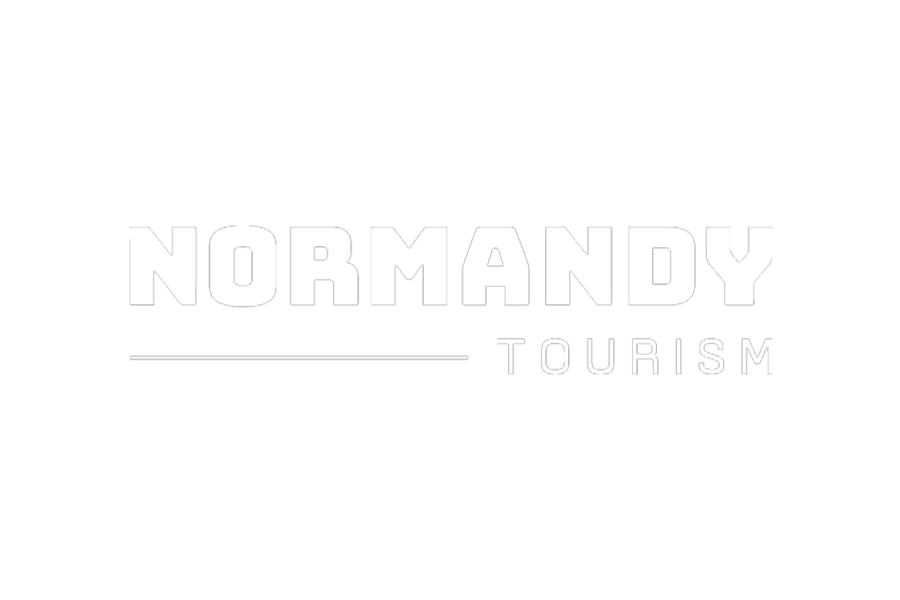Proud to be associated with:














Specialists in School Ski
& Educational School Tours
School Ski Trips to Europe & Beyond
Educational School Trips to Europe & Beyond
Travel Specialist to Europe and Beyond
Select School Travel Limited, Second Floor, 30 Church Road, Burgess Hill, West Sussex, RH15 9AE
© Select School Travel. All rights reserved. Select School Travel Copyright.
Company Reg. No.09388257. VAT No.208830611
Trade Partners
